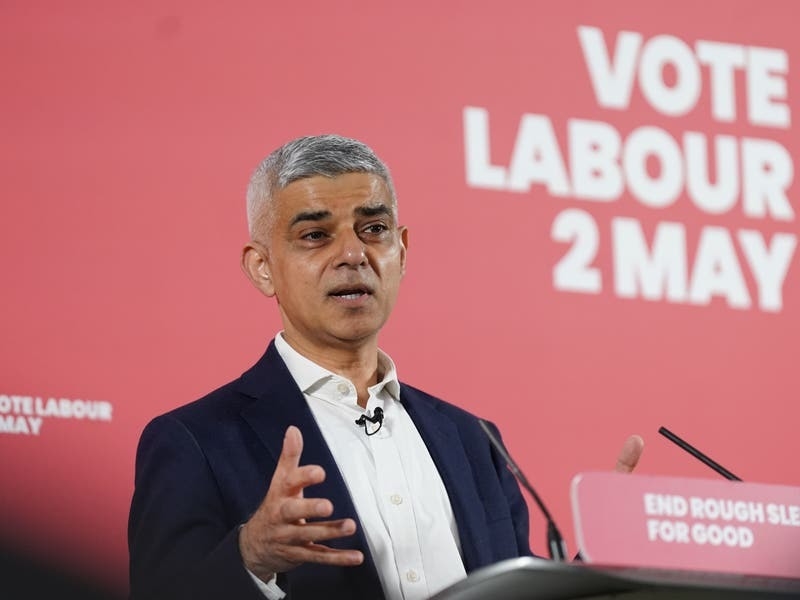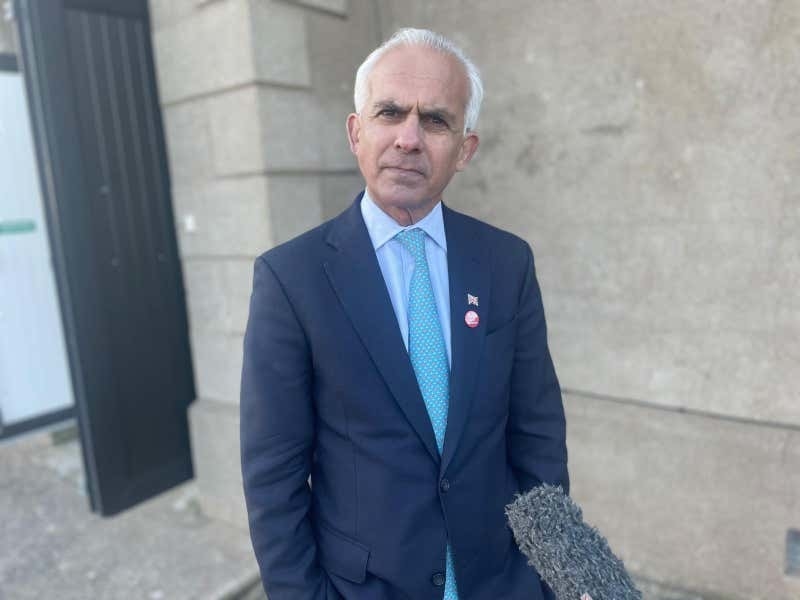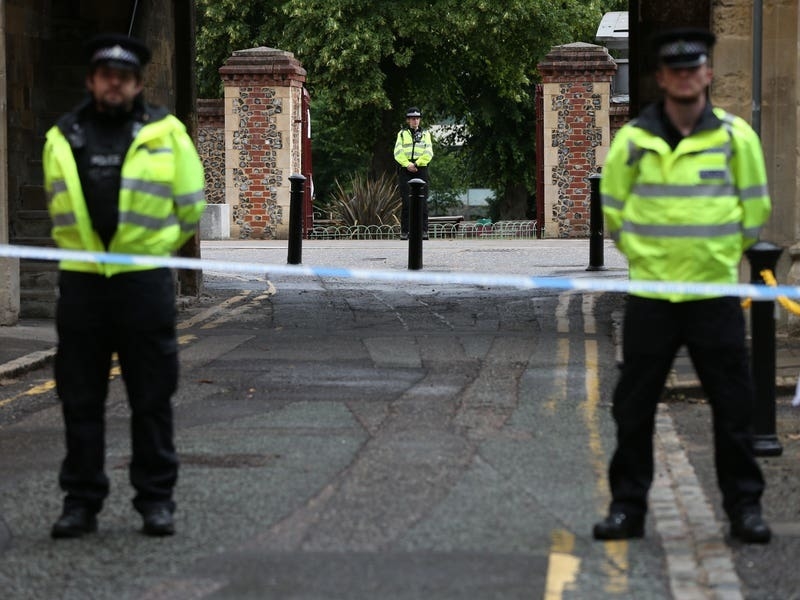Deputy Rod Bryans told Education and Home Affairs Scrutiny Panel members on Monday that fee-paying schools would be ‘looked at’ in an effort to cut costs and that he was not ruling out a reduction in subsidies.
The department has been asked to find initial savings of £10.7 million at a time when the number of pupils at primary level is relatively high. Additional teaching staff will therefore be required at secondary level over the next few years as those pupils move up the school.
- Former teacher at Grainville school
- Served as the chairman of Haute Vallée School board of governors
- Topped the poll for Deputy in St Helier No 2 district in 2011 and 2014
- Served as Assistant Education Minister 2011-2014[/breakout]
The States were asked to debate similar proposals to reduce subsidies in June 2011, but the £4.3 million worth of cuts put forward by then Education Minister James Reed were strongly opposed by lobby group ParentsForChoice and Members voted to shelve the proposition until a full consultation had been carried out.
Panel chairman Deputy Louise Doublet asked how it was possible to make spending cuts if pupil numbers and teacher costs were rising.
Deputy Bryans said there had been ‘no dialogue’ with the Treasury as yet and that work had only just begun.
‘We are always scrabbling around, trying to see where money will be best placed,’ he said.
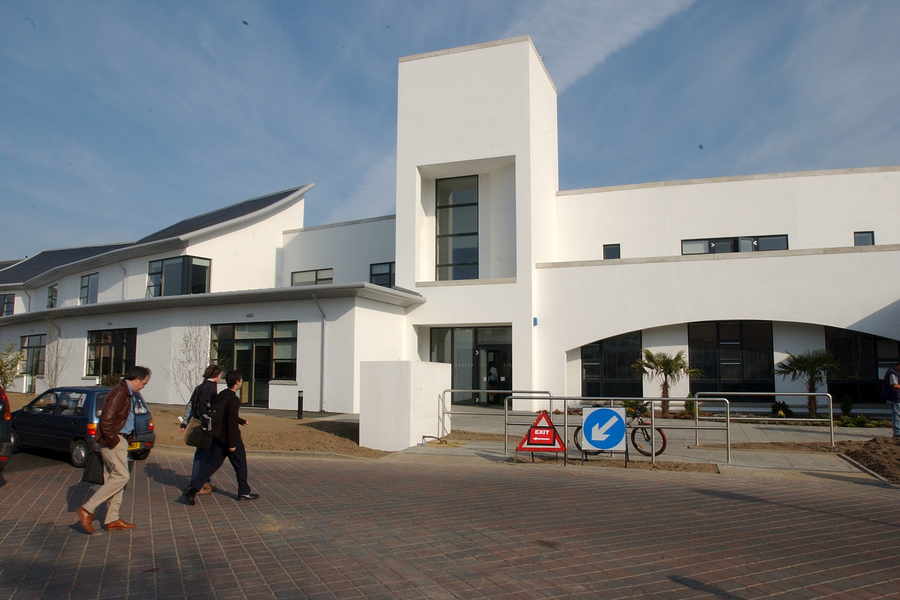
‘If we were able to plan an education system from scratch, it would not look like the one we’ve got. But we have to focus on the four priorities – the curriculum, raising standards, the family, and more autonomy in the schools.’
Asked by panel member Deputy Sam Mézec whether savings could be made from subsidies to fee-paying schools, the minister said as part of the funding review the department would be looking at fees and that he did not rule out a reduction in subsidies.
Speaking after the hearing, Deputy Bryans said: ‘What we have been asked to do is look at cuts between now and 2019. I’m going to fight passionately to protect front-line services – but what if the forecasts are not as good as expected?
‘It is not necessarily about having to put cuts in place – we are looking to better the system we’ve got – but of course we’re considering fees … where else can we go?’
Education director Justin Donovan said that although there were enough spaces for pupils, there were not enough teachers. ‘We have put some growth bids in and we are trying to come up with ideas. Overall there will be a net loss of £4 million, but our growth bids need to stay intact.’
Earlier, Mr Donovan told the panel that currently 42% of the Island’s children attended selective and fee-paying schools, compared to seven per cent in the UK. He said there was a ‘slight bulge’ in primary school numbers which would need to be planned for.
The director said that ‘a big increase’ was also forecast at post-16 level, with Highlands College ‘well over capacity’ supporting around 1,000 students in buildings that were not designed for the modern curriculum. Hautlieu School, with 500 students, was also full. ‘Post-16 is an issue,’ he said.
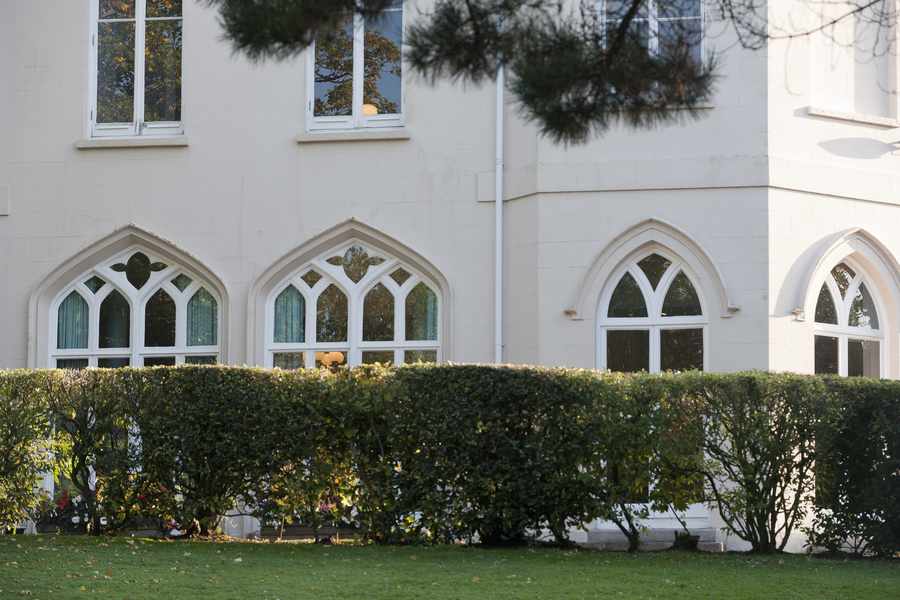
However, all four fee-paying schools also had their own sixth forms. ‘Generally, if a sixth form has less than 250 students, it cannot sustain itself and is being subsidised by the younger children,’ he suggested.
At the 11-16 States schools, pupil numbers were already ‘close to capacity’ at Les Quennevais and Le Rocquier, although there was some space at Haute Vallée and Grainville.
Mr Donovan said the ‘spend per pupil’ for 2015 ranged from just under £8,500 (at schools where parents paid towards the cost) to £6,000. ‘The children with the greatest need have the least spent on them,’ he said.
The director said he was ‘most concerned’ about children who were joining secondary schools without English as their first language. ‘They grasp enough language to make friends, but we need to keep supporting them if they are going to engage with the nuances of the lessons – they are quiet because their English is not that good and they have no breadth of vocabulary.’
Mr Donovan said that improving standards at GCSE was a key priority. ‘We should be above the UK measures in every single outcome, yet at GCSE level, for five A* to C passes including English and maths, we are below the UK by four percentage points. That is not good enough,’ he said.
IT used to be said that the Planning ministry was a poisoned chalice. Today, that mantle may well have been passed to Deputy Rod Bryans at Education.
It is looking increasingly likely that he may have to address the thorny question of school funding and the viability of the current subsidies paid to fee-paying schools. The subject was broached by Deputy James Reed when he was at Education, but shelved following a backlash from fee-paying parents. His successor gave the debate a wide berth.
Efficiencies and savings are needed across the public sector to fill a black hole which is being put at between £50 million and £100 million. Education is not being spared the steel of the cost-saving knife.
Yesterday, Education Director Justin Donovan told a Scrutiny panel that there were not enough teachers, that the post-16 provision was under pressure and that some sixth forms were ‘unsustainable’. He added that the least money was being spent on children with the ‘greatest need’ and that he was ‘most concerned’ about children for whom English was not their first language. That is hardly a rosy picture.
Reform is needed, savings must be a priority and spending prioritised to the areas where it is needed the most. Even with 42 per cent of pupils at quasi private schools, GCSE results are below those in the UK.
Mr Donovan has committed to taking a new approach and the signs are that he will not be bound by those who resist change for fear of it. He and his team must be trusted to do what is best for the Island as a whole, to create an education system which celebrates excellence as much as it promotes and supports those who will never be paraded as high achievers on results day.
But whatever route Deputy Bryans and Mr Donovan take, they must not further squeeze the hard-working families of middle Jersey, the people who already shoulder a disproportionate tax burden.
Middle income earners who are prepared to make sacrifices to give their children the best start in life cannot be the losers of this process.
The idea that we can start again and, at a stroke, create a wholly new system is little more than an idealistic flight of fancy – and yet we cannot afford to go on as we are.
But before battle lines are drawn and tempers flare, Education must have a chance to present their plan for a better future.

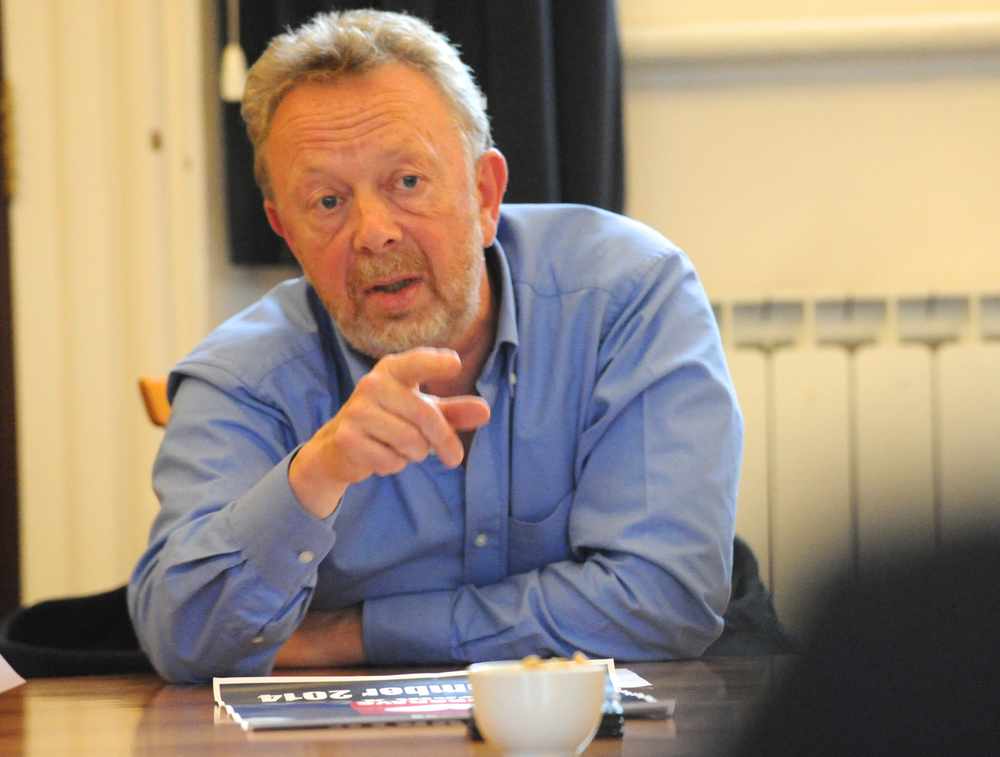
For years, questions have been asked over whether the States should continue subsidising fee-paying schools at the current level and whether the 14-plus system has a future.
Deputy James Reed, who was Education Minister between 2008 and 2011, put forward plans to cut annual subsidies paid to fee-paying schools by nearly a half, but the proposals fell flat during the tenure of his successor, Deputy Pat Ryan.
Education Minister, Rod Bryans, speaking in December last year, said that there could be changes in the pipeline but no ‘radical moves’ in the short term.
‘The real question is, have we got an education system that is fit for purpose? What are the levers that we can operate to get it to the next step?’ he said.
‘The building blocks are that we raise standards, that we get the teaching right and that means lots more training for teachers and more work on the digital side.
That question of the future – whether there will be a change to the decades-old policy of 14-year-olds having the possibility to transfer to Hautlieu from the four secondary schools, and whether there will be an introduction of a sixth form college – remain unanswered.
‘All of those things are on the agenda to look at,’ he said.
‘What I want to emphasise is that we know it’s a bug bear for parents, we know it’s a bug bear for teachers, but our focus is not on that at the moment, it’s on raising standards, the curriculum and family.
‘I think a sixth form college has definite positive qualities to it, but if you are going to contemplate that, because of the radical shift you would have to make, you have got to take some time to consider all the aspects of it.’
However, the contentious issue of the proportion of funding given to fee-paying schools will be going under review at some point, the minister says.
But the review is likely to focus more on whether a ‘pupil premium’ method should be introduced.
Under such a system, schools with a higher percentage of pupils from disadvantaged backgrounds will receive more funding.
‘What that does is that it puts financial resources to the schools that need it most in terms of the pupils that are more disadvantaged. It should effectively start to redress the balance, because the concern has always been that the money is going to the fee-paying schools when it should be going to the States’ secondary schools,’ said the Deputy.


